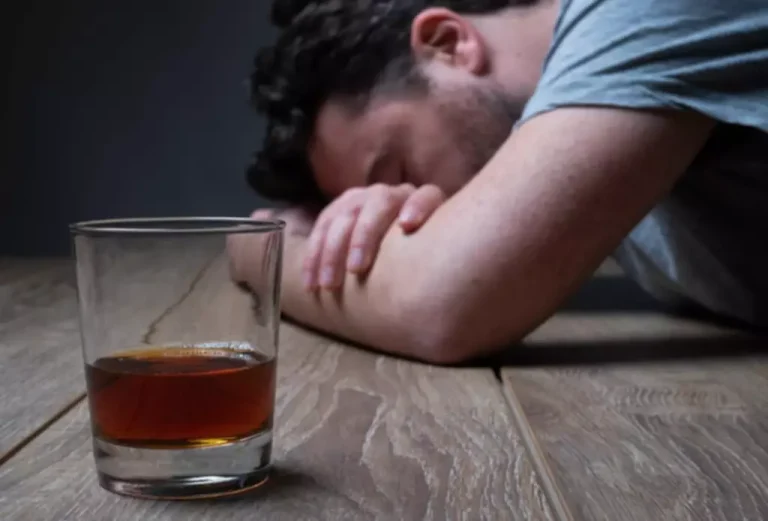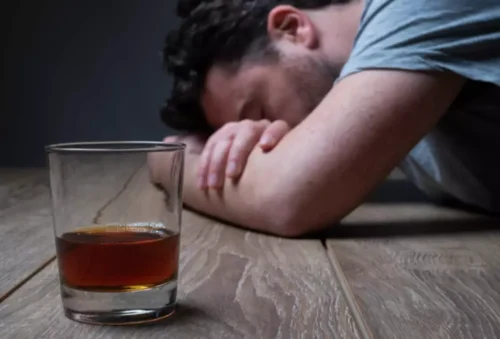
Your provider can help get to the bottom of your symptoms and recommend the best next steps. If you have a pattern of suddenly feeling very sick after consuming alcohol, you may have developed sudden onset alcohol intolerance. Your body may also start to reject alcohol later in life because as you age and your body changes, the way you respond to alcohol can also change. In some cases, reactions can be triggered by a true allergy to a grain such as corn, wheat or rye or to another substance in alcoholic beverages. With an alcohol allergy, a person’s immune system overreacts to alcohol.
How is alcohol allergy diagnosed?

Individuals with alcohol intolerance experience a range of immediate symptoms shortly after consuming alcohol. These reactions are the body’s response to an inability to metabolize alcohol effectively, often due to a genetic predisposition. The most effective treatment is not drinking alcohol at all, or drinking only occasionally and in small amounts. Avoid smoking and taking medication while drinking, as this can worsen alcohol intolerance symptoms.
Advice
- Alcohol allergy happens when the immune system mistakenly identifies alcohol as a threat and launches an attack that can affect the entire body.
- However, acetaldehyde is still highly toxic and can significantly increase the risk of cancer.
- To date, there is little strong evidence of this, though distillation is likely to leave behind only negligible amounts of the proteins from the corn, if any.
- So, Pepcid may prevent alcohol flush reaction, but it’s a risky strategy.
Genetic variations in the aldehyde dehydrogenase (ALDH2) gene can reduce enzyme activity, impairing acetaldehyde breakdown and exacerbating alcohol intolerance symptoms. It is important to note that while genetics play a significant role, environmental factors and individual health conditions can also contribute to alcohol intolerance. It’s essential for individuals with alcohol intolerance to be aware of these risks and to consider lifestyle changes or seek medical treatment to mitigate them. Understanding and recognizing these symptoms is crucial for those who experience adverse reactions to alcohol. Avoidance of alcohol is the primary way to prevent the onset of these symptoms, as there is no cure for alcohol intolerance.
What Is Alcohol Intolerance?
Hodgkin’s lymphoma is a type of cancer that can affect your lymphatic system. People often call alcohol intolerance an alcohol allergy, and vice versa. People who have a true alcohol allergy should avoid what causes alcohol intolerance drinking alcohol entirely. People with the ALDH2 deficiency are at higher risk for certain types of cancer, including liver cancer. Because alcohol is a carcinogen, drinking already increases cancer risk.

Let’s talk about your recovery
If the allergic reaction is more severe, people may require epinephrine, also known as an EpiPen. A person with severe allergies should carry one with them at all times, in case of a serious allergic reaction. Occasionally, a doctor may ask a person to consume alcohol in a medical setting and observe any reactions or symptoms. A skin prick test should take place in a medical setting in case of a severe allergic reaction.

Environmental-dependent tolerance

Although red wine is especially high in histamines, all alcoholic beverages have high levels of histamine. People with celiac disease, non-celiac gluten sensitivity, or a wheat allergy may need to steer clear of conventional beer. Additionally, taking Pepcid before drinking can pose long-term health risks, like higher rates of esophagus and stomach cancer.
So, Dr Sim urges anyone who knows they’re allergic to certain foods, particularly grains, to be aware they could be in drinks, too. In other cases, people can be intolerant to the chemicals that give alcoholic drinks their flavour and colour, not the alcohol itself. Histamine (found in red wine) and salicylates (found in wine, beer, rum, and sherry), are common examples. Anyone who drinks in excess will likely experience these adverse effects to some extent. Do you suffer from terrible hangovers or feel unwell after drinking just a small amount of alcohol?
